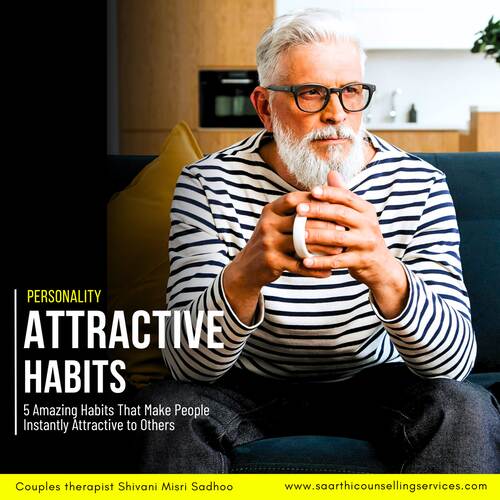Love has always been expressed through gestures—flowers, handwritten notes, jewellery, and shared experiences. Yet, among all these tokens, chocolate holds a unique emotional and cultural place. Across countries, generations, and celebrations, chocolate has become deeply linked with romance, affection, and emotional warmth.
From Valentine’s Day gift boxes to wedding favours and anniversary treats, chocolate is more than just a dessert—it is a universal language of love. Its rich taste, comforting texture, and historical significance all contribute to its status as the ultimate symbol of romance and connection, says Shivani Misri Sadhoo, who is a leading couples therapist and relationship counsellor in Delhi and India.

A Historical Connection Between Chocolate and Romance
Chocolate’s association with love dates back centuries. Ancient civilisations like the Mayans and Aztecs considered cacao sacred. It was often used in rituals and was believed to provide strength and vitality. Later, in Europe, chocolate became a luxury item associated with royalty and indulgence—both closely tied to passion and desire.
By the 19th century, beautifully designed chocolate boxes became popular gifts during romantic occasions, especially Valentine’s Day. This tradition strengthened chocolate’s emotional meaning and helped turn it into a symbol of affection.

The Science Behind Chocolate and Feel-Good Emotions
Chocolate is not just emotionally symbolic—it also has biological effects that support its romantic reputation. It contains compounds like phenylethylamine (PEA), which is linked to feelings of attraction and excitement. It also helps release serotonin and dopamine, chemicals associated with happiness and pleasure. When people eat chocolate, they often feel comforted, relaxed, and joyful. This natural mood enhancement makes chocolate a perfect gift for expressing love, care, and appreciation.

Chocolate as a Universal Gift
One of the biggest reasons chocolate represents love is its universal acceptance. Unlike gifts that require personal sizing, styling, or preferences, chocolate is widely loved across cultures and age groups. It is suitable for romantic partners, family members, friends, and even colleagues.
This versatility makes it an easy yet meaningful way to express emotions. Whether it’s a simple chocolate bar or a premium handcrafted assortment, the message remains the same—someone cared enough to give you something sweet and special.
The Sensory Experience of Chocolate
Chocolate creates a multi-sensory emotional experience. Its aroma, smooth texture, and melting quality contribute to feelings of comfort and indulgence. The act of sharing chocolate also creates bonding moments. Couples often share desserts, gift chocolates during celebrations, or associate certain chocolates with memories. These sensory and emotional associations strengthen chocolate’s symbolic link with love and intimacy.
Chocolate in Modern Romantic Culture
Today, chocolate plays a major role in romantic marketing and celebrations. Valentine’s Day sales revolve heavily around chocolates. Luxury brands design heart-shaped boxes, personalised assortments, and themed packaging focused on romance.
Social media and pop culture also reinforce chocolate as a love symbol, often portraying it as a sweet expression of feelings when words are not enough. This consistent cultural messaging keeps chocolate strongly connected to romance.

Emotional Meaning Beyond Romance
While chocolate is strongly linked with romantic love, it also represents comfort, gratitude, and emotional support. People gift chocolate during celebrations, apologies, achievements, and even difficult times. This emotional flexibility makes chocolate a broader symbol of human connection and care, not just romantic affection.
Chocolate’s status as the ultimate symbol of love comes from a combination of history, science, culture, and emotional experience. It connects people through pleasure, comfort, and shared moments. Whether gifted during grand romantic gestures or simple everyday acts of kindness, chocolate continues to represent warmth, affection, and emotional closeness. In a world where expressions of love can sometimes feel complicated, chocolate remains a simple, sweet, and timeless way to say, “You matter to me.”


























